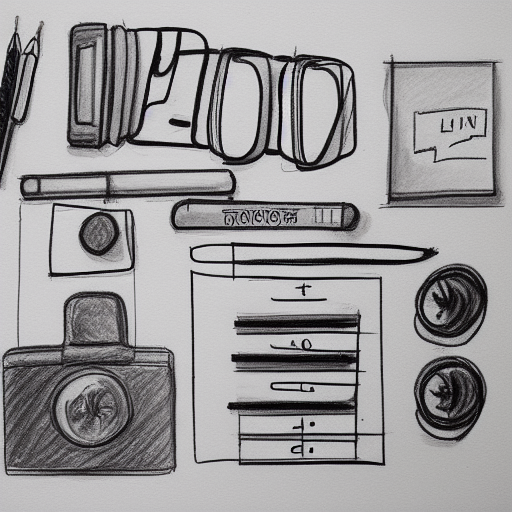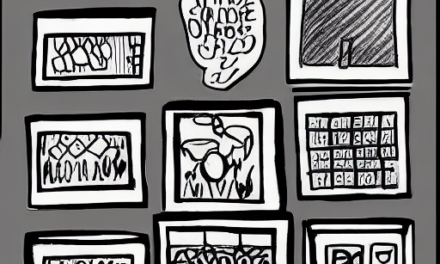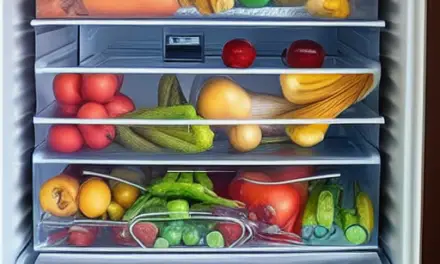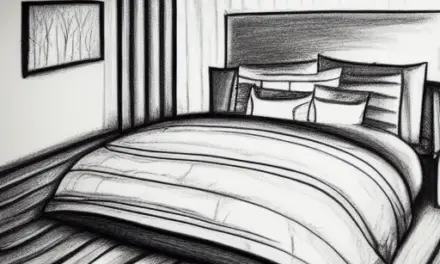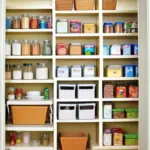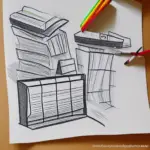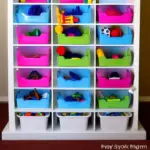If you’d like to learn how to organise your life, one of the most effective ways to do so is to keep a diary or a calendar. Fill in major events and deadlines at least a month in advance. This will help you stay on top of things and avoid missing out on important dates or activities.
Breaking tasks into chunks
When you are trying to organise your life, breaking tasks down into chunks can help you get more done. For instance, when you’re trying to respond to emails, make phone calls, or schedule meetings, it helps to separate each task into smaller chunks. By doing this, you can focus on the bigger picture and cut out the minutiae.
First, you need to define the task. This means writing down the steps and the duration of the task. If it takes more than a week or two to complete a task, you should break it up into smaller ones. Once you’ve defined each task, you can start breaking it up into chunks and working towards the completion of each.
Another benefit of breaking large tasks into smaller ones is that it helps you focus and stay motivated. Taking smaller steps is much easier than completing the entire task at once. Plus, this method will help you reach your goals one step at a time. Even if you’re not an accomplished expert, you can still improve your life by breaking tasks into smaller ones.
Breaking tasks into smaller chunks is also a great way to reduce procrastination. Many people procrastinate because they feel overwhelmed by the task at hand. You can reduce procrastination by defining tasks beforehand and setting priorities. Breaking a large task into smaller chunks will make the task seem less intimidating, and you can concentrate on other, more important things.
Sorting like-objects together
One of the simplest ways to organise your life is to sort like-objects together. This simple organization technique encourages you to use objects in the same category groups as often as possible. Whether you’re arranging your home, organising your work, or organising your life, sorting like-objects together is an effective way to make your life more efficient.
To sort like-objects together, you first need to notice the characteristics of the objects. Next, you need to be able to explain why you’re matching objects together. This is an important skill for developing language and reasoning. As you progress, sorting moves beyond matching and involves making different decisions. It also involves identifying two or more attributes, which is known as higher order thinking.
Keeping a diary
Keeping a diary helps you to organise your life, while it is also a good way to express your emotions. You can use a diary to vent about negative experiences, or to record positive experiences. When you look back at your diary, you should feel good about the things you did, accomplished, and experienced.
There are many benefits of keeping a diary, so it is a good idea for anyone. First, it helps you to track personal progress and set goals. It can also be useful if you run a business or are busy with deadlines. Additionally, journaling helps you stay motivated and productive.
Secondly, keeping a diary helps you to improve your mental health. Keeping a diary allows you to talk to yourself in a safe environment, allowing you to process experiences in a less stressful way. Writing down your thoughts and feelings is a great way to improve your thinking processes, and can help you develop new ideas. It can also help you to improve your creativity.
Another great benefit of journaling is that it is an expressive and visual medium. You can write down your experiences every day, and even track your to-do lists. Keeping a diary can make you feel accomplished by helping you to stay organized. While journaling has many benefits, it should be chosen based on your personal needs and goals.
Using multiple calendars
Using multiple calendars can help you stay organised and avoid being distracted by your day-to-day schedule. You can use a personal calendar for the important dates of your life and a shared calendar for other people. This helps you to control who can see your calendar and whom you can share it with. Using multiple calendars can also help you keep track of your availability and personal details.
Using multiple calendars allows you to be flexible and creative. You can easily add and remove optional entries. You can also color code each calendar. It is possible to turn off the calendars you are not using. You can choose which calendars to display, and which ones to hide.
You can create different calendars for work and personal use in Google Calendar. For example, you can have a separate calendar for important meetings, project deadlines, or personal events. Then, you can toggle them on and off from the left sidebar. It is easy to make multiple calendars to organise your life.
Using multiple calendars can make your life easier and save you time. For example, if you have a client that needs to meet you for dinner, you don’t have to check both your personal and social calendars to make sure you don’t miss their meeting.
Prioritizing
If you are struggling to organise your life, prioritizing tasks is a great solution. A list is a simple tool that will help you see your priorities. Keep your list simple and realistic. If it is too long, it could be an indication that you are trying to make too many decisions at once. Only list tasks that you feel confident that you can complete. This will also reduce your stress levels.
If you have a job, you can set aside specific times of the day to focus on specific tasks. If you have co-workers who regularly email, call, or walk over to your desk, you can let them know that you are concentrating on a particular project. You can also ask them not to disturb you during the morning and allow them to call you later in the afternoon.
It is necessary to prioritize tasks to carry out projects and achieve goals. For example, suppose Allison is the marketing director of a new technology company, and her goal is to bring in 15% more customers in the next month. Her project is to run a direct mail campaign, and there are multiple tasks to complete.
It is important to remember that the goal of prioritizing is not to complete everything, but to complete those tasks that are the highest priority and do not cause you too much stress. By prioritizing your tasks, you will be able to operate more efficiently and free up time for routines and self-care.
Getting rid of clutter
Getting rid of clutter can be a difficult task. Not only does it take time, but some people don’t like the idea of organizing or sorting things. While they may like the idea of a clean house, they may not be too excited about the idea of color-coordinated pantries or a neatly organized closet.
While it’s not easy to throw out items, it’s possible to make the process easier by following a room-by-room checklist. It’s also a good idea to start by thinking about what you want to keep. Remember, only keep the things that serve your purpose.
You can free up a surprising amount of space by getting rid of dead-weight items. Doing this will put you in a minimalist mindset, which will help you make better decluttering decisions. Most people have several items that they only use occasionally. Getting rid of these items will free up space, and you’ll also feel better overall.
Another way to reduce clutter is by recycling everything that you can. Instead of throwing away items that you don’t use, donate them to charity. For example, if you have an old broom or mop, get rid of it instead of storing it. Similarly, if you receive catalogs every day, get rid of them. This way, you won’t be creating an unnecessary pile of stuff that will only pile up in your home.

